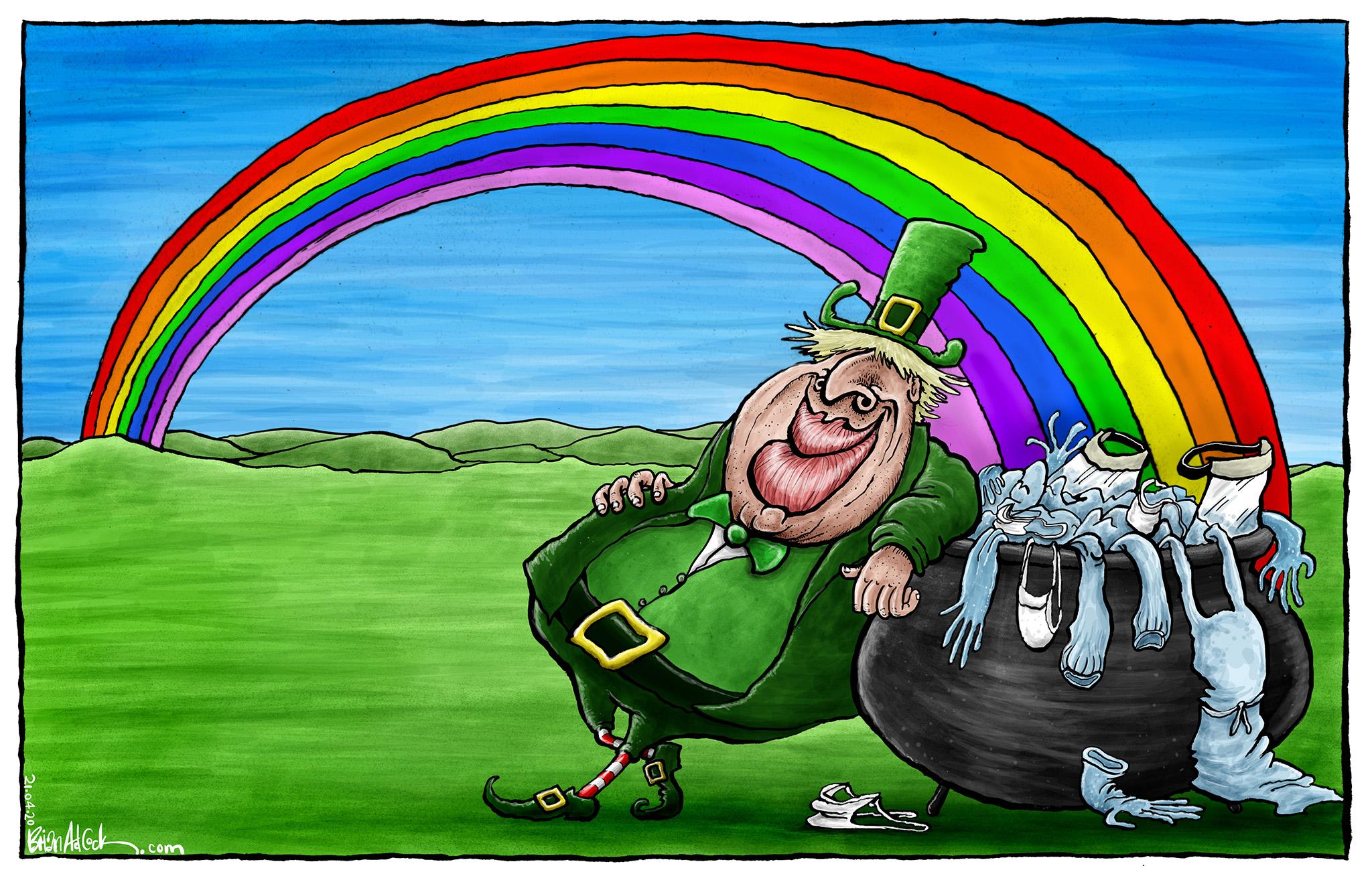There is, rightly, growing support for a minute’s silence to honour the (at time of writing) 49 verified deaths of NHS staff during the pandemic. The military allusion is appropriate; this is indeed the new front line.
It is a matter of national shame that the bravery of NHS staff is not always matched by the quality of the personal protective equipment they are given. The latest amendments by Public Health England to the guidance about reusing and substituting gowns are alarming. So alarming, indeed, is the situation in some hospitals, GP surgeries, nursing homes, care homes and pharmacies, that leaders in healthcare are warning that frontline staff may soon be unable to carry out their duties because of the extreme risk to their own health, and indeed that of their families and the wider community if they become infected.
The UK is left in a position where ministerial statements and news reports are dominated by the progress of a planeload of kit running late from Turkey. The 400,000 gowns included will be exhausted at the current rate of use by the weekend at the latest. It is indefensible, even if ministers and officials are working hard to remedy things.
Not even the most partisan would be able to dismiss warnings from the Royal College of Nursing, the Royal College of Anaesthetists, and NHS Providers, as well as desperate individual professionals, as Labour stooges or malcontent alarmists. The shortages are critical and risk the lives of all concerned. It is a matter of fact.
The moral question they raise is this: should any health professional refuse care without protection? It is a dilemma, in its crudest form, that may not arise. It may be that some unsatisfactory but still serviceable and technically safe (according to Public Health England) items could be substituted; and some clinicians could also ration more carefully the time they are exposed to danger. Practical ways could be found to avoid making the most difficult of choices. In extremis, though, no one should condemn anyone who refuses, to borrow a military analogy, to go over the top without a rifle. Any keyboard warrior that does so should be invited to volunteer for a shift on a Covid-19 ward.
What health professionals need more than a round of applause or a minute’s silence is a reliable supply of the tools to do their job, including PPE, medicines and ventilators. The government has hired Lord Deighton, chief planner of the 2012 London Olympics, as a “PPE Tsar”. He will find this an even greater challenge.
This latest effort to sort the PPE mess out – a mess that is scandalously costing lives – comes far too late. The British habit of backs-to-the-wall, last-minute improvisation, the Dunkirk spirit, may have its place, but not in fighting a pandemic. It is true that there’s a global shortage of PPE, but there is not a shortage in every country. Some, such as South Korea and Germany, were obviously better prepared for a pandemic and then planned how to control this particular pandemic earlier and more thoroughly than the British did. The British 2016 “Cygnus” planning exercise was successful in demonstrating what the country needed to stockpile, but since then something obviously went very wrong, and especially awry in the vital weeks of February and March this year.
Everyone will wish the government and Lord Deighton well in the quest for PPE, but in the meantime, lives will certainly be needlessly sacrificed. Justice requires a reckoning for that, sooner rather than later.

Join our commenting forum
Join thought-provoking conversations, follow other Independent readers and see their replies
0Comments